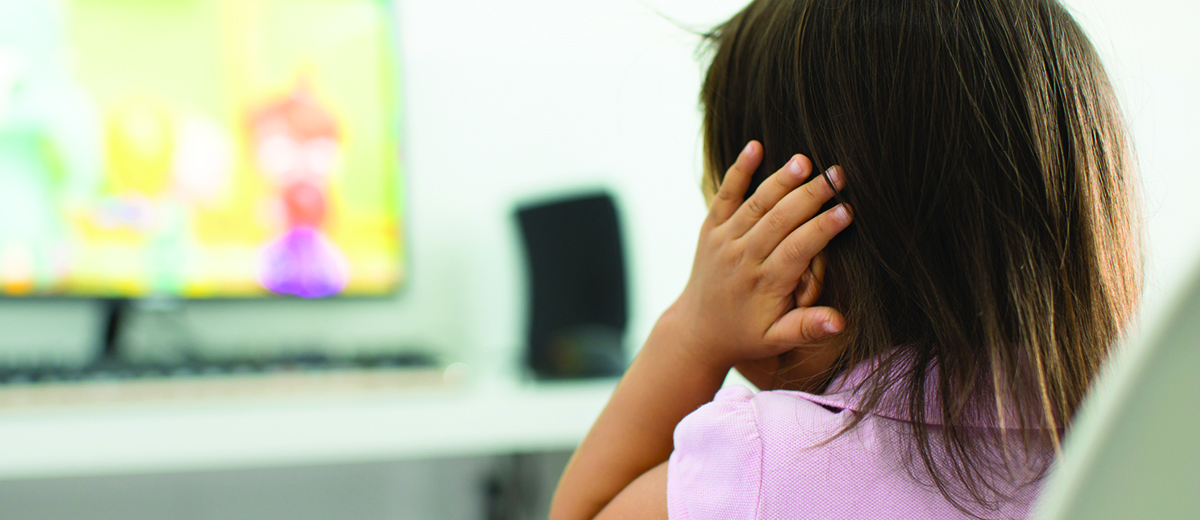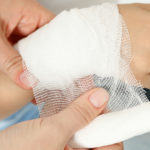As a school nurse, vision and hearing screening is likely one of the first items on your to-do list at the beginning of the school year. Since it is currently top of mind, we thought it would be helpful to share some information on noise-induced hearing loss. Not all parents are aware of the lifelong effects that loud noises can have on hearing, not just for children, but for people of all ages. But the good news is that it’s preventable. And as a school nurse, you’re on the front lines of helping to prevent it. Here’s what you need to know:
Hearing Loss Facts
Consider these statistics from the Public Health Burden of Noise-Induced Hearing Loss:
- An estimated 12.5% of children and adolescents aged 6–19 years and 17% of adults aged 20–69 years have suffered permanent damage to their hearing from excessive exposure to noise.
- Hearing loss is the third most common chronic physical condition in the United States and is twice as prevalent as diabetes or cancer.
- Nearly 50% of persons aged 12–35 years could be exposed to unsafe levels of sound from the use of personal audio devices. Around 40% of persons could be exposed to potentially damaging levels of sound at entertainment venues. (World Health Organization)
- One in six adolescents in the United States has high-frequency hearing loss, often related to hazardous noise. This is in contrast to low frequency hearing loss which is more frequently associated with ear infections. (Journal of Adolescent Health)
Hearing-Loss Screenings and Prevention
The American Academy of Pediatrics (AAP) recommends hearing screenings for children and adolescents by pure tone audiometry at 20 decibels hearing level (dB HL) at 500, 1,000, 2,000, and 4,000 Hertz (Hz) frequencies. Hearing screening protocol varies by state with no mandated national standards. For more information on hearing screening, click here.
There are many ways parents can be proactive to prevent hearing loss. Click here to read recommendations from the CDC and find information about smartphone apps that measure the noise around you. Remember that the early identification of hearing loss can provide potential benefits for a child’s academic performance and engagement, behavior and more. When parents know what signs to watch out for at home, they’ll have a better chance of catching it.
MacGill is dedicated to providing nurses with a wide selection of hearing screening equipment. Click here to shop.





